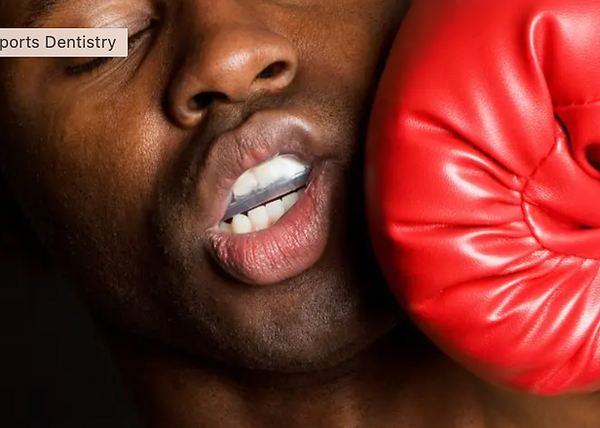
Sports Dentistry
Sports dentistry is a specialized field that focuses on preventing and treating oral injuries and conditions related to sports and physical activities. Dentists trained in sports dentistry provide tailored preventive measures such as mouthguards to protect athletes from dental trauma during sports participation. Additionally, they offer prompt treatment for injuries such as knocked-out teeth, fractured teeth, or soft tissue damage sustained during sporting events. By emphasizing the importance of oral protection and swift intervention, sports dentistry helps athletes maintain optimal oral health, prevent dental emergencies, and safeguard their smiles while pursuing their athletic endeavors.
(626) 822-5857

Preventive Measures in Sports Dentistry
Custom Mouthguards
Custom-fitted mouthguards are the cornerstone of preventive measures in sports dentistry. Unlike generic mouthguards purchased over the counter, custom mouthguards are fabricated based on precise impressions of the athlete's teeth, ensuring a snug and comfortable fit. By providing a cushioning barrier between the teeth and soft tissues of the mouth, custom mouthguards help absorb and distribute the impact of blows or collisions, reducing the risk of dental injuries such as broken teeth, fractured jaws, and soft tissue damage. Whether it's contact sports like football and hockey or individual pursuits like cycling and martial arts, custom mouthguards offer essential protection for athletes of all ages and skill levels.
Sports Related Dental Injury
Fractured/Cracked Tooth – A tooth that is cracked but still intact can often be repaired the same day with a simple filling. If the fracture is more extensive, a crown may be necessary to protect the tooth from further damage. Depending on the extent of the fracture, a root canal may be needed.
Loose Tooth – If an injury loosens your tooth or the surrounding gum tissue is bleeding extensively, you need to see us immediately. A loose tooth that is stabilized quickly usually stays in place permanently.
Knocked-out Tooth – Time is of the essence because the odds of saving your tooth increase dramatically if it’s placed back in its socket within 30 minutes to an hour. Beyond 30 minutes, the longer the tooth is out of the socket, the more your chances for long-term success decrease.
Our conservative approach for dealing with a knocked-out tooth is to splint the tooth to surrounding teeth with dental wire. This stabilizes the tooth until it has a chance to heal. Dr. Dee will then monitor the repair for a week or two and then reevaluate the situation, making further recommendations as appropriate.
If we find that the bone surrounding the tooth has also been fractured, the tooth may have to be splinted for a longer period of time. At some point, the repaired tooth will require root canal treatment.




